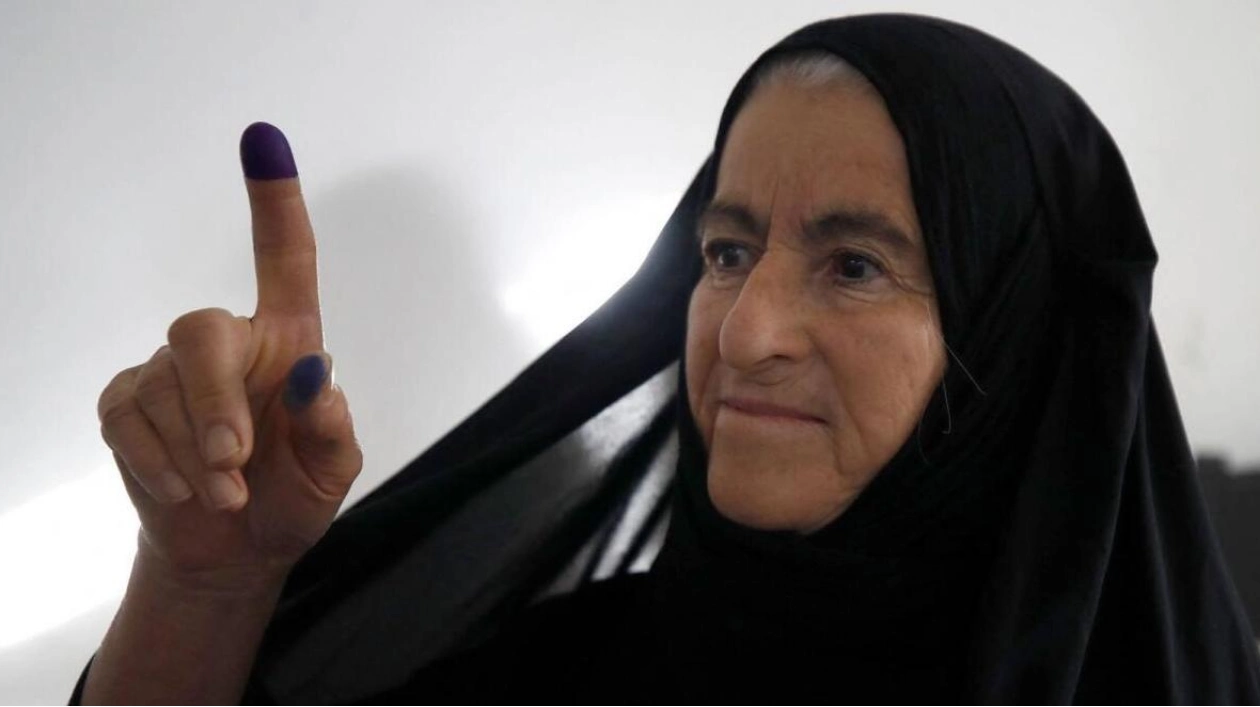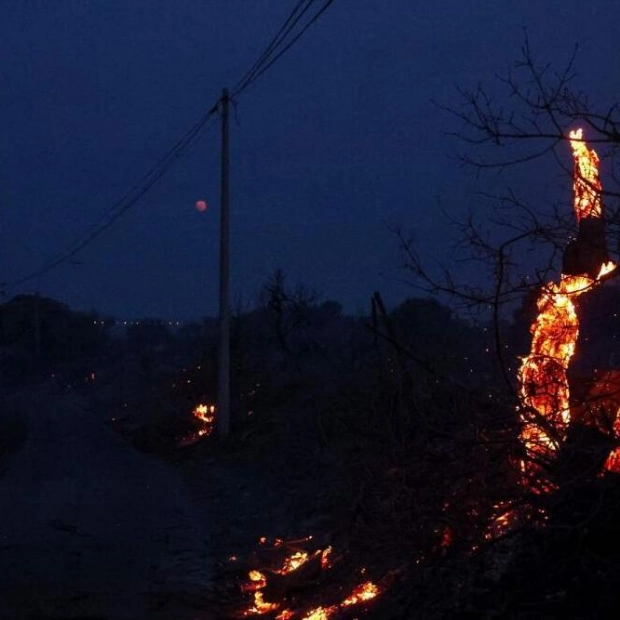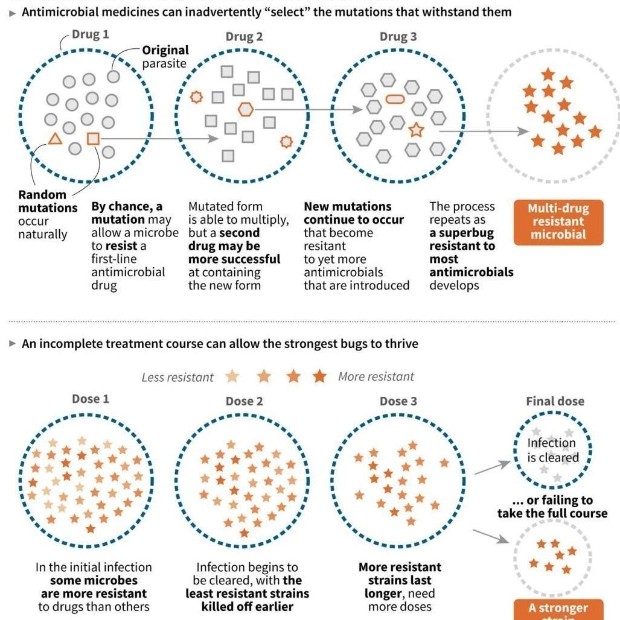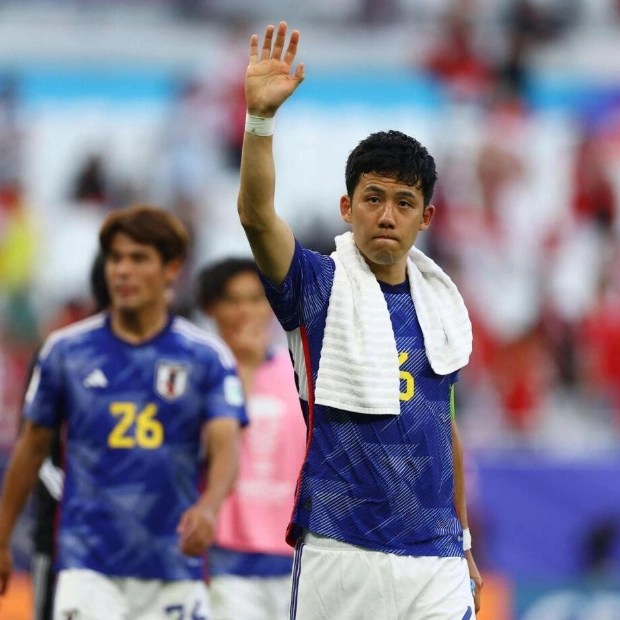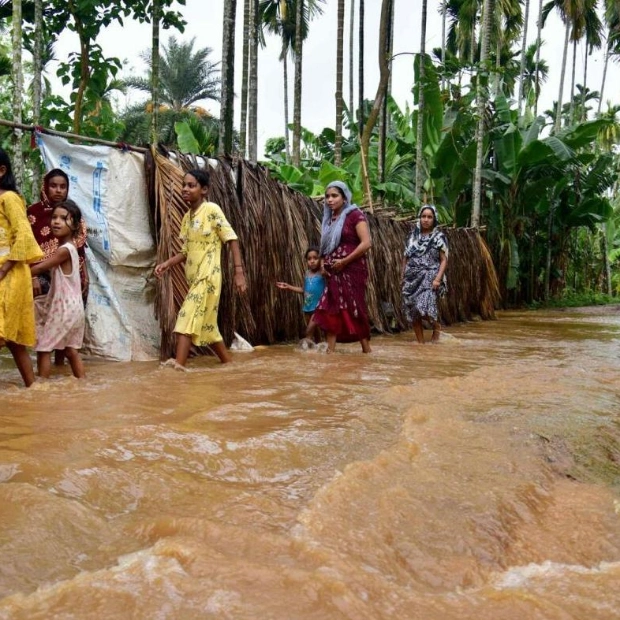A Kurdish voter shows her ink-stained finger after casting her vote in the parliamentary elections at a polling station in Sulaimaniyah, Iraq's autonomous Kurdistan region, on Sunday. AFP
Voters in Iraq's autonomous Kurdistan region went to the polls on Sunday to elect a new parliament for the oil-rich area, where disenchantment with the political elite is widespread. Iraqi Kurdistan positions itself as a stable haven in the volatile Middle East, drawing foreign investors due to its strong ties with the United States and Europe. However, activists and opposition figures argue that the region, autonomous since 1991, grapples with the same issues plaguing Iraq: corruption, political repression, and cronyism among the ruling class.
Originally slated for two years ago, the election has been delayed four times due to disagreements between the region's two major parties, the Kurdistan Democratic Party (KDP) and the Patriotic Union of Kurdistan (PUK). Each party is dominated by a powerful Kurdish family—the KDP by the Barzanis and the PUK by the Talabanis. Despite their efforts to rally supporters and leverage their networks, experts note a growing public disillusionment with these parties, intensified by the region's dire economic situation.
"I am against this government," said Dilman Sharif, a 47-year-old civil servant in Sulaimaniyah, the second-largest city in Iraqi Kurdistan and a PUK stronghold. "I urge everyone to mobilize and vote against this regime," he said before the election. Opposition parties like New Generation and a movement led by Lahur Sheikh Jangi, a dissident from the Talabani clan, could benefit from a protest vote, according to Sarteep Jawhar, a PUK dissident and political commentator.
The region's over 1,200 polling stations across four constituencies opened at 7:00 am (0400 GMT) and were set to close at 6:00 pm. At a polling station in Sulaimaniyah, about 20 people were already in line to cast their ballots when voting began Sunday morning. Political analyst Shivan Fazil, a researcher at Boston University focusing on Iraq, observed that "there is a growing weariness with the region's two ruling parties."
"People's living conditions have worsened over the past decade," he said, highlighting the irregular payment of salaries to the region's 1.2 million civil servants, which serves as a critical income source for households. This issue is linked to ongoing tensions between Kurdistan and the federal Iraqi government in Baghdad, which also dispute control over the region's lucrative oil exports. The creation of four new constituencies for this election—a shift from just one previously—"could result in a redistribution of vote shares and seats in the next parliament," Fazil noted.
He predicted, however, that the KDP would retain its majority due to its "internal discipline and cohesion." The KDP holds the largest number of seats in the outgoing parliament, with 45 seats compared to 21 for the PUK. The KDP's majority was secured through an alliance with deputies elected via a quota reserved for Turkmen, Armenian, and Christian minorities. Iraqi court rulings have reduced the number of seats in the Kurdish parliament from 111 to 100, with five seats still reserved for minorities.
Of the region's six million inhabitants, 2.9 million are eligible to vote for the 100 representatives, including 30 women mandated by a quota. In the last regional elections in 2018, voter turnout was 59 percent. Once elected, the new representatives will need to vote for a new president and prime minister, both currently held by KDP figures Nechirvan Barzani and his cousin, Masrour Barzani.
Mohamed al-Hassan, the United Nations special representative in Iraq, welcomed the election as an opportunity for the Kurdistan region to "reinvigorate democracy and introduce new ideas into its institutions." However, 55-year-old teacher Sazan Saduala plans to boycott the election, stating, "This government cannot be changed by voting. It maintains its power through force and money."
Source link: https://www.khaleejtimes.com
